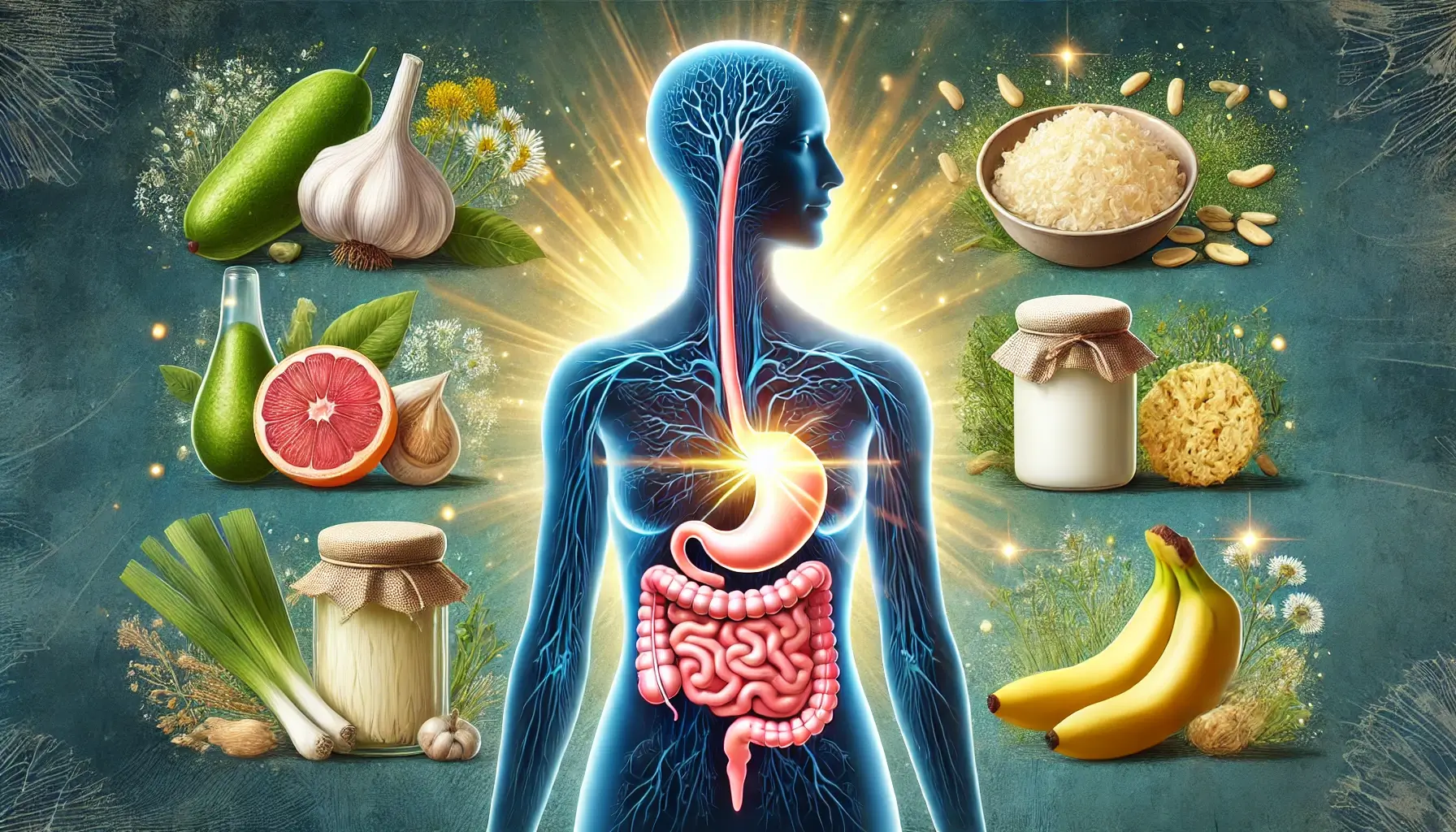Excessive Sugar Might Disturb The Balance of Gut Bacteria
Yes, much sugar can upset the balance of intestinal microorganisms, resulting in dysbiosis. Gut bacteria are necessary for several vital activities in the body, including:
Digesting food
Absorbing nutrients
Supporting the immune system
Producing vitamins and minerals
Disrupting the equilibrium of gut flora can cause a variety of health issues, including:
Digestive problems such as diarrhea, constipation, bloating, and gas
Inflammatory Bowel Disease
Allergies
Obesity
Type 2 diabetes
Heart illness
Depression
Anxiety
Sugar is a popular food source for many microorganisms, including some that are hazardous to the body. When you consume too much sugar, these harmful bacteria might overgrow and outnumber the healthy bacteria. This can result in dysbiosis and the health issues mentioned above.
Sugar has long been linked to the development of various health concerns. One of the lesser-known consequences of sugar consumption is its effect on the gut. Sugar consumption can cause dysbiosis, a disease in which the gut’s balance of healthy and harmful bacteria is upset. Dysbiosis can cause various digestive disorders, such as bloating, constipation, and diarrhea.
Sugar can also affect the stomach lining.
But that is not all. Sugar can also affect the stomach lining, the protective barrier that prevents hazardous compounds from entering the bloodstream. When the gut lining is compromised, dangerous bacteria can readily flow through and into the bloodstream. When these hazardous bacteria enter the bloodstream, they can induce inflammation, which can result in a variety of health issues, such as autoimmune disorders, heart disease, and even cancer.
Furthermore, sugar consumption might promote the expansion of dangerous bacteria in the gut. This overgrowth can make the gut more permeable, allowing toxic compounds to quickly pass through the lining and into the bloodstream. This can cause a condition known as leaky gut syndrome, which is linked to a variety of health issues such as chronic fatigue, depression, and autoimmune illnesses.
To maintain excellent gut health, restrict your sugar intake and consume a diet high in fiber, healthy fats, and probiotics.
To summarize, the detrimental consequences of sugar consumption on the stomach are undeniably significant. Sugar upsets the balance of good and bad bacteria in the gut and destroys the gut lining, allowing hazardous bacteria to enter the circulation. To maintain excellent gut health, restrict your sugar intake and consume a diet high in fiber, healthy fats, and probiotics.
To avoid disturbing gut flora’s equilibrium, restrict your added sugar consumption. The American Heart Association recommends that women limit their daily added sugar intake to 6 teaspoons (25 grams) and men to 9 teaspoons (38 grams).
Here are some strategies to reduce your intake of added sugars:
Read food labels carefully and select items with minimum added sugar.
Use natural sweeteners like honey or maple syrup in moderation.
Avoid sugary beverages, including soda, juice, and sports drinks.
Consume plenty of fruits and vegetables, naturally low in sugar yet high in fiber.
Making these modifications will assist in protecting your gut health and overall well-being.













